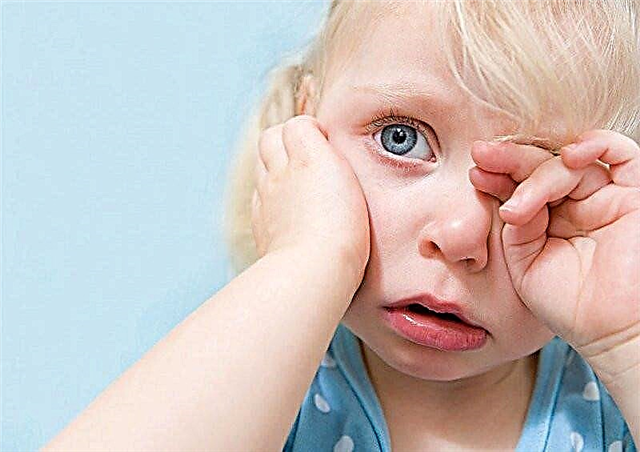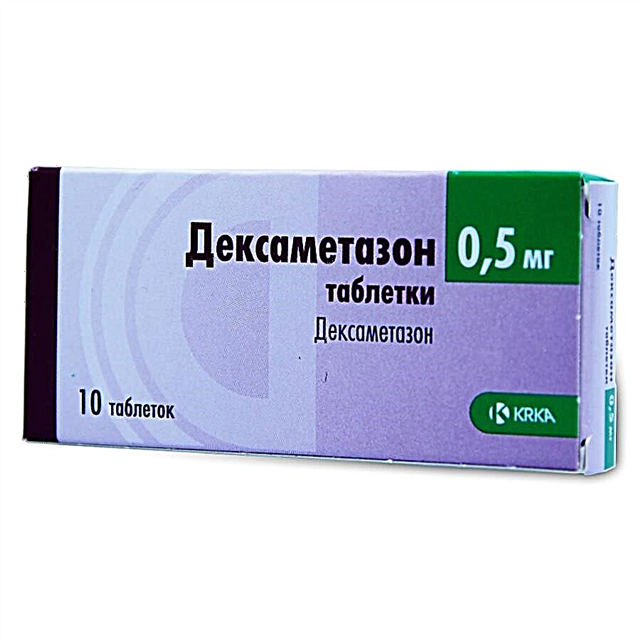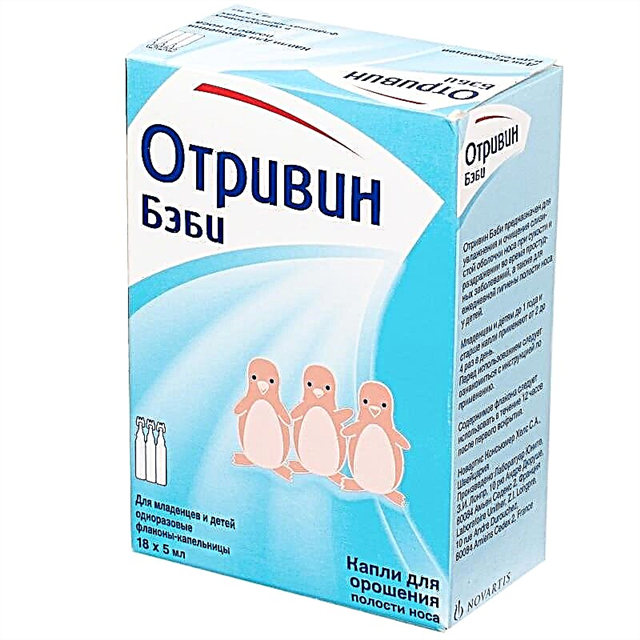A rise in temperature always scares parents, especially if it happens at night. Mothers begin to frantically remember what can be given to the child. Syrups and candles are used. As a result, the child screams, breaks out, and the candle is safely released. What to do?
Our article will allow you to find out which antipyretic suppositories for children can be used, how to give these drugs correctly and at what age.
What are temperature candles for children?
Most antipyretic suppositories, including children's suppositories, contain paracetamol in their composition. Probably, this is one of the most harmless drugs, often used in children. Paracetamol has an antipyretic effect, and the auxiliary substance - witepsol - is a fatty base, thanks to which the candle melts.
The dosage of paracetamol in suppositories is higher than in oral form, and is 20 mg / kg (recommendations of Komarovsky O.E.).
Rectal suppositories can only be placed in the rectum, other uses are excluded!
Cons of candles:
- are absorbed for a long time, begin their effect 40 minutes after taking;
- the duration of the antipyretic effect is small - up to 4 hours;
- can cause involuntary loose stools, hence the low effectiveness of the drug;
- older children have difficulties in setting candles.
For more information on how to bring down a child's temperature with pharmaceuticals and physical cooling methods, see the Pediatrician's article.
Cefekon - against heat and pain
Cefekon rectal suppositories contain paracetamol in various dosages - 50 mg, 100 mg, which depends on age. The permissible age for admission is from the first month of life.
 Indications for use:
Indications for use:
- temperature rise in acute respiratory diseases, flu.
It is advisable to lower the temperature only after 38.5 degrees Celsius. If you lower the subfebrile temperature, then the body will not be able to fight the infection on its own, because the rise in temperature is a protective mechanism against a foreign agent;
- as a pain reliever - for toothaches, headaches.
In 2005, on the basis of the OKB im. Semashko N.A. Tsefekon studies were conducted. A group of people took part in the study. No side effects have been identified.
I can say that the candle has good efficiency while taking antipyretic syrup. Enough for the night.
All antipyretic drugs are recommended to be used no more than 3 - 5 days. Be sure to consult a doctor for prescribing etiotropic therapy for the underlying disease.
Paracetamol in the first trimester of pregnancy
Paracetamol is considered one of the most harmless of all non-steroidal anti-inflammatory drugs. Began to be applied in 1953 for the first time in the United States. But recently, its teratogenic effect has been increasingly discussed.
 In Norway, the largest study was carried out on the relationship between the use of paracetamol in pregnant women at a short time and the development of asthma in children later. About one hundred thousand children were examined. It was found that 6% of babies started asthma at the age of 3 years, and 5.7% at the age of 7 years. All of them were born to mothers who took Paracetamol more than once in a trimester.
In Norway, the largest study was carried out on the relationship between the use of paracetamol in pregnant women at a short time and the development of asthma in children later. About one hundred thousand children were examined. It was found that 6% of babies started asthma at the age of 3 years, and 5.7% at the age of 7 years. All of them were born to mothers who took Paracetamol more than once in a trimester.
Also, after taking Paracetamol, the risk of abnormal development of the genitals in boys increases 16 times, the risk of cryptorchidism increases.
There is an ambiguous opinion about the effect of Paracetamol on the fetus. Therefore, going to a doctor when the body temperature rises is a necessary action. Only he can adequately select the dosage of the drug and evaluate the indications without harming the baby.
Nurofen - suppositories for fever
They contain an anti-inflammatory drug - ibuprofen. Valid up to 8 hours, shown to babies from 3 months. Single dose - 5 - 10 mg / kg, take no more than 3 times a day. Can be combined with syrups at the same time.
Ibuprofen has proven effectiveness in reducing fever and getting rid of intoxication with ARVI, influenza.
In 2006, a pediatrician, candidate of medical sciences Viktorov A.P. In his scientific work, he presented evidence of the analgesic effect of Ibuprofen of central and peripheral genesis.
A few words about homeopathy
Recently, Viburkol candles have become in demand on the market. They have worked well for relieving teething pain in babies. They also have antipyretic effects.
This drug is recommended for use after 6 months of age. On the first day of the disease, two candles should be administered with an interval of 30 minutes, then - 1 candle each morning and evening.
Antipyretics for newborns
In children of the first days of life, you can lower the temperature with substances containing paracetamol or ibuprofen. Almost all antipyretic drugs are allowed to be taken only from 1 to 3 months of age.
 This is due to the small evidence base in newborns.
This is due to the small evidence base in newborns.
You can not give an antipyretic for newborns containing nimesulide, aspirin, analgin, phenacitin in its composition!
You can try reduce the temperature by physical methods:
- plentiful drink;
- wiping with a damp towel;
- airing the room.
If this does not help, then it is possible to use Tsefekon candles after consulting a specialist.
Contraindications to candles:
- inflammatory diseases of the anus, rectum;
- frequent loose stools (a relative contraindication, but the effectiveness of the drug will decrease);
- allergic reactions to the components of the drug, especially cocoa butter;
- with caution in blood diseases - anemia, thrombocytopenia.
The temperature of a child under one year old. What to do?
- Drink plentye. Drink should be given every 10 - 15 minutes on a teaspoon of pure non-carbonated water. The child must drink and urinate, so the body will lower the temperature.
- If the child is hot, he also has hot hands and feet - this is called a "red" fever. If you notice that the child's body is hot, and the limbs are cold, then this is a "white" fever, which is not very favorable and can threaten a complication - febrile convulsions. With "white" fever under the supervision of a doctor a lytic mixture is introduced.
- If the child is hot no need to wrap it up... You can lightly wipe your armpits, groin and neck with a damp towel.
If the temperature is high, be sure to remove the diaper, so the temperature will drop faster.
It must be understood that fever is just a symptom of a disease. It is necessary to bring down the temperature, but first of all it is necessary to find the reason.
Post-vaccination fever prophylaxis - pros and cons
Recently, situations have been widespread when the doctor, after the next vaccination, prescribes a single dose of an antipyretic agent - Nurofen or Cefekon. Of course, after vaccinations, many children have a natural reaction to a rise in temperature, but if there is no temperature, then why eliminate what is not?
If, after vaccination, the child feels normal and there is no rise in temperature above 38 degrees, then the use of antipyretic drugs is not justified.
If you rationally approach the issue of lowering the temperature, you can avoid possible complications. The modern market is full of all kinds of fever medications. Each baby is different, and one thing helps everyone.
Consultation of the attending physician regarding the choice of a particular drug is required!
Article rating:



